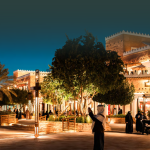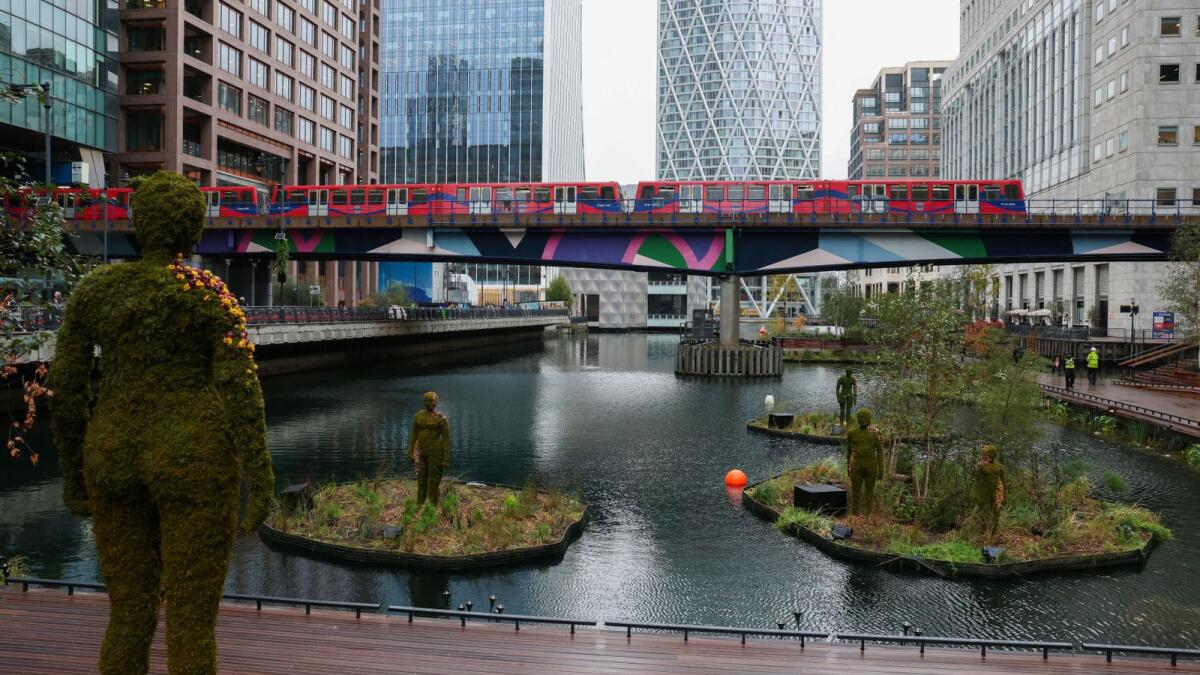London’s Canary Wharf financial district is looking to repurpose empty office space into hotels and other uses, following a decline in demand for office spaces globally. The area has seen a significant increase in office vacancy rates, prompting the need for a change in strategy. The Canary Wharf Group plans to transform the area by making it more green, upgrading outdated buildings, and converting some into hotels, leisure facilities, retail spaces, academia, and cultural venues. Overhauling the offices will come at a high cost, but the group is determined to revitalize the district.
The Canary Wharf Group, owned by Brookfield and Qatar Investment Authority, is exploring various options for the vacant spaces, with hotels being a promising choice. With over 30 approaches from hotel operators, the group is optimistic about the future prospects. The area’s office tenants, including major companies like JP Morgan and Barclays, are supportive of the idea as it offers convenient accommodation for their staff. The group plans to incorporate more than 1,000 hotel or short-term let rooms by early 2025, catering to the diverse needs of visitors.
Despite some skepticism from industry experts, the Canary Wharf Group is moving forward with plans to redevelop office buildings into a mix of uses, including potential hotels. The focus is on revamping the core office cluster while enhancing the overall appeal of the district. The group recently opened a new waterfront decking area to the public, signaling a shift towards a more green and sustainable environment. With increasing office enquiries and discussions with potential tenants for new spaces, Canary Wharf remains optimistic about the long-term potential of the office market.
Canary Wharf’s response to the changing demands of the commercial property market reflects a wider trend in re-imagining struggling business districts post-pandemic. The shift towards a more diverse and multi-functional approach to urban development showcases the adaptive nature of city planning. While the revitalization of Canary Wharf comes with significant financial challenges, the group’s commitment to innovation and sustainability is likely to set a new standard for future urban developments. With a strategic focus on repurposing office spaces and enhancing the overall experience for residents and visitors, Canary Wharf is poised to become a model for urban regeneration in the modern era.
As commercial real estate landscapes continue to evolve, the success of Canary Wharf’s transformation could serve as a blueprint for other business districts facing similar challenges. By embracing change, incorporating sustainable practices, and fostering a vibrant mix of uses, Canary Wharf is paving the way for a more resilient and adaptive urban environment. With a strong focus on green initiatives, innovative design solutions, and strategic partnerships, the district is positioning itself as a leading destination for business, leisure, and cultural experiences. The future of Canary Wharf looks promising, with a vision for a more dynamic, sustainable, and inclusive urban landscape that caters to the diverse needs of its community.











